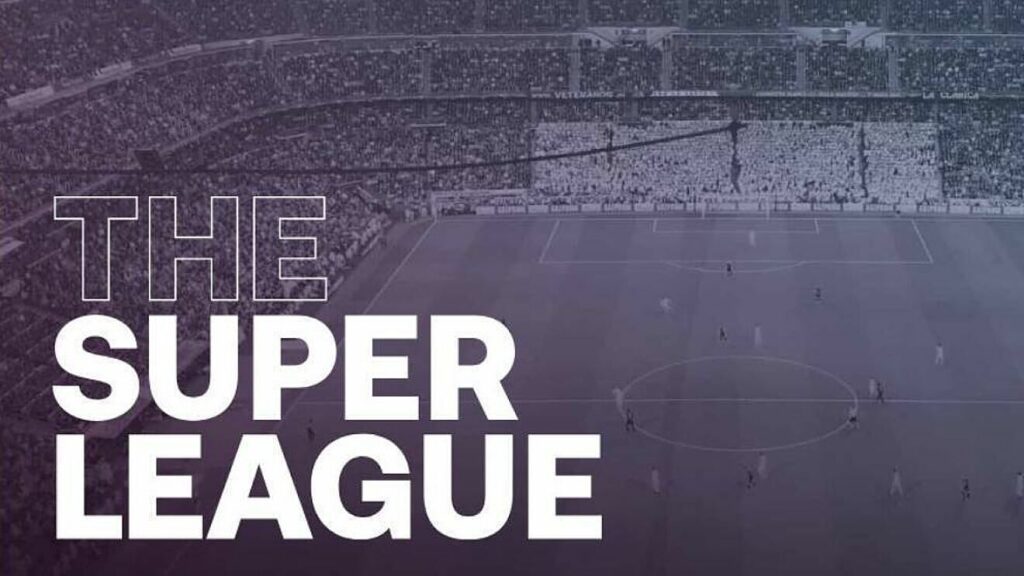Football has been rocked by the announcement of a European Super League, as agitations have filled the air in the last 24 hours. Twelve of Europe’s leading football clubs have announced they have agreed to establish the European Super League, ( ESL) , a competition to rival the Popular UEFA Champions League.
AC Milan, Arsenal, Atletico Madrid, Chelsea, Barcelona, Inter Milan, Juventus, Liverpool, Manchester City, Manchester United, Real Madrid and Tottenham Hotspur have all joined as ‘Founding Clubs’. Other Clubs are expected to join them as soon as possible.
Why was it Established?
The Founding clubs have had the objective of improving the quality and intensity of existing European competitions throughout each season, and of creating a format for top clubs and players to compete on a regular basis. They said, “The pandemic has shown that a strategic vision and a sustainable commercial approach are required to enhance value and support for the benefit of the entire European football pyramid.”
The Good
FINANCIAL GAIN FOR CLUBS
The club that wins the European Super League could be due close to 400 million euros, compared to the 120 million euros that is given out to the Champions League winners each year.
As for the rest of the 1.95 billion euros in the European Super League, 488 million (25 percent) will be handed out in initial payments and another 585 million based on results.
TV rights
The make-up of the project makes it a lucrative prospect for a lot of TV companies.
It’s thought that the TV money generated could be worth as much as 10 billion euros, compared to the four million euros that UEFA made in 2020 from its competitions.
The Bad
If successful, the ESL would be a big threat to Europe’s biggest football club competition – UEFA CHAMPIONS LEAGUE as majority of the big clubs will be participating in the ESL .
Sunday’s developments of the ESL came just 24 hours before UEFA were about to discuss proposed Champions League reforms which will also favor Europe’s big teams.
The reforms were planned to come into effect in 2024, expanding the Champions League to 36 teams, adjusting the format and increasing the number of matches from 125 to 225.
Key Notes
- About $5billion has been committed to this new project by the American bank JP Morgan. The American Bank is the competition’s sponsors.
- The 15 founding clubs won’t be relegated from the league. Only five of the clubs in the 20-strong competition would enter based on ‘sporting achievement’. As outlined above, the other 15 clubs, the so-called ‘Founding Clubs’, would have their participation guaranteed.
- All ESL teams will still participate in their National leagues’ Midweek fixtures, preserving the traditional domestic match calendar which remains at the heart of the club game.
- The ESL will start in August with clubs participating in two groups of ten, playing home and away fixtures, with the top three in each group automatically qualifying for the quarter finals.
- Teams finishing 4th and 5th will then compete in a two-legged play-off for the remaining quarter-final positions. A two-leg knockout format will be used to reach the final at the end of May, which will be staged as a single fixture at a neutral venue.
The Ugly
The announcement has received widespread criticisms from football governing bodies, Football Associations, Ex-Footballers & Coaches, Football Pundits and Fans around the globe .
Many have called it a disgrace to football and have admonished UEFA & FIFA to sanction any club that joins.
Some clubs have refused to join and have been bitter about the idea of the European Super League.
As a fan, do you think European Super League is good for football ?
Leave your comment below.

